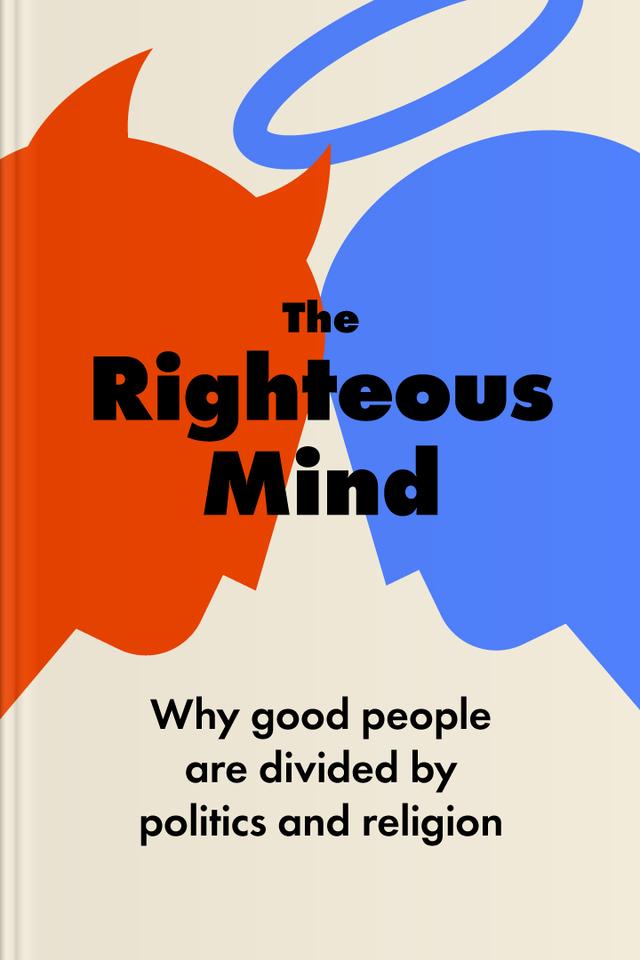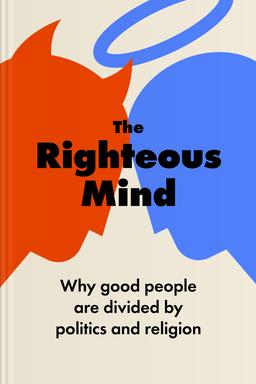You’ll learn
- The origin of righteousness
- The difference between western and eastern principles
- Whether morality is influenced by culture
- About the controversy over religion
Protect the world’s peace. Donate to support Ukraine

first KEY POINT
The ability to form a personal judgment on various subjects is in the blood of humankind. This skill contributed to the evolution of society as the association of people not connected through family relationships. Historically, individuals belong to different schools of thought — they shape the ethical standards they perceive as truthful and the only correct principles. Learning the basics of moral psychology could give a better picture of the essence of righteousness.Religion and politics have always been sensitive topics for discussion — people take these matters seriously and may get offended if their preferences are not supported. The truth is humankind conceived religions and political systems to create a close bond between people. Such a strong connection may have a drawback — people are blind to noticing other opinions. Investigating a person’s take on politics and religion can hint at human morality’s nature.Such a diversity of thoughts and principles will inevitably lead to conflicts. Each individual has faith in the accuracy of their beliefs and is not ready to give up on them. A healthy amount of disagreement is vital — it brings constant progress to the world. On the other hand, severe confrontations of ideologies can trigger societal issues with the involvement of violence — some country leaders declare wars to prove their points. This summary will present a clearer vision of morality’s mechanism and the methods for handling moral judgments. It will be helpful for those who want to find common ground with people of different cultures and become more open-minded.
second KEY POINT
An essential tenet of moral psychology is that intuition always precedes reasoning. Most people feel an initial flash of rage when they hear the story of a man who shot a young lady. However, that anger significantly fades as the new details of the incident emerge — the man’s mother was being held at gunpoint by the lady, and he fired the gun in self-defense. This impulse of emotion is also called affect. It is a subconscious reaction of the brain to the things around it. It is so subtle and quick that people can’t explain why they suddenly feel disgusted or fascinated by a specific object. This psychological process proves that humans always experience emotions and moral intuition before rationalizing and making wise decisions. The affective primacy is like an elephant; it does not rely upon reason. Logical thinking rides the elephant and follows the animal’s chosen direction.There is a belief that individuals are prone to judge others by their appearance. From the perspective of psychology, this is true. Humans are more attracted to conventionally beautiful people; they might have high expectations of them and assume they are kind and intelligent. This practice is visible even on an official level — juries might be more merciful toward pretty people than average-looking folk. Even scent can influence the formation of moral judgment. Researchers asked participants in a social experiment to answer a few questions. During the questionnaire, people had to inhale foul odors — they didn’t know it was part of a test. The answers tended to be rougher and more brutal. The findings show that the more comfortable the environment, the milder the people’s reactions.

Continue reading with Headway app
Continue readingfirst KEY POINT
second KEY POINT
third KEY POINT
fourth KEY POINT
fifth KEY POINT
sixth KEY POINT